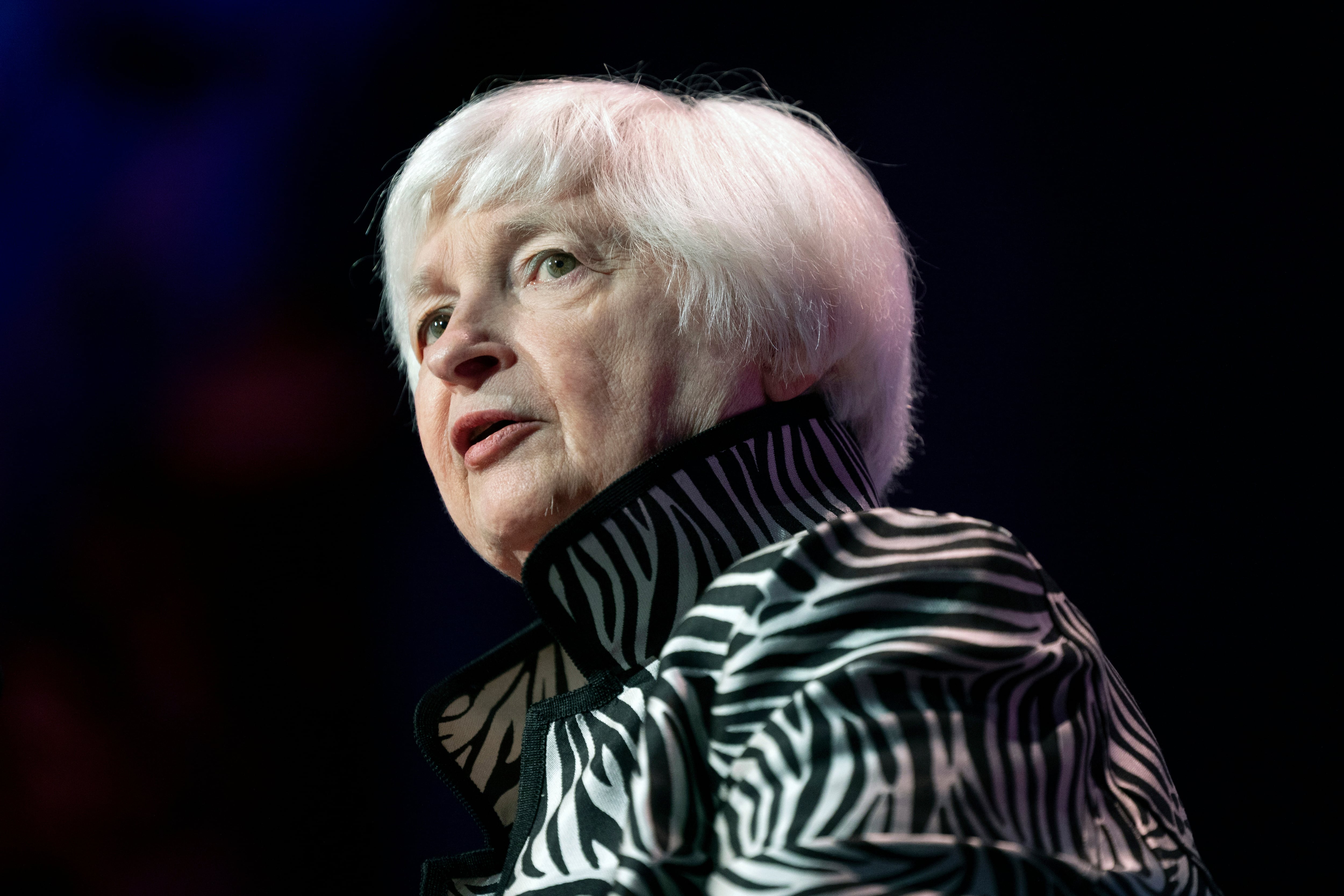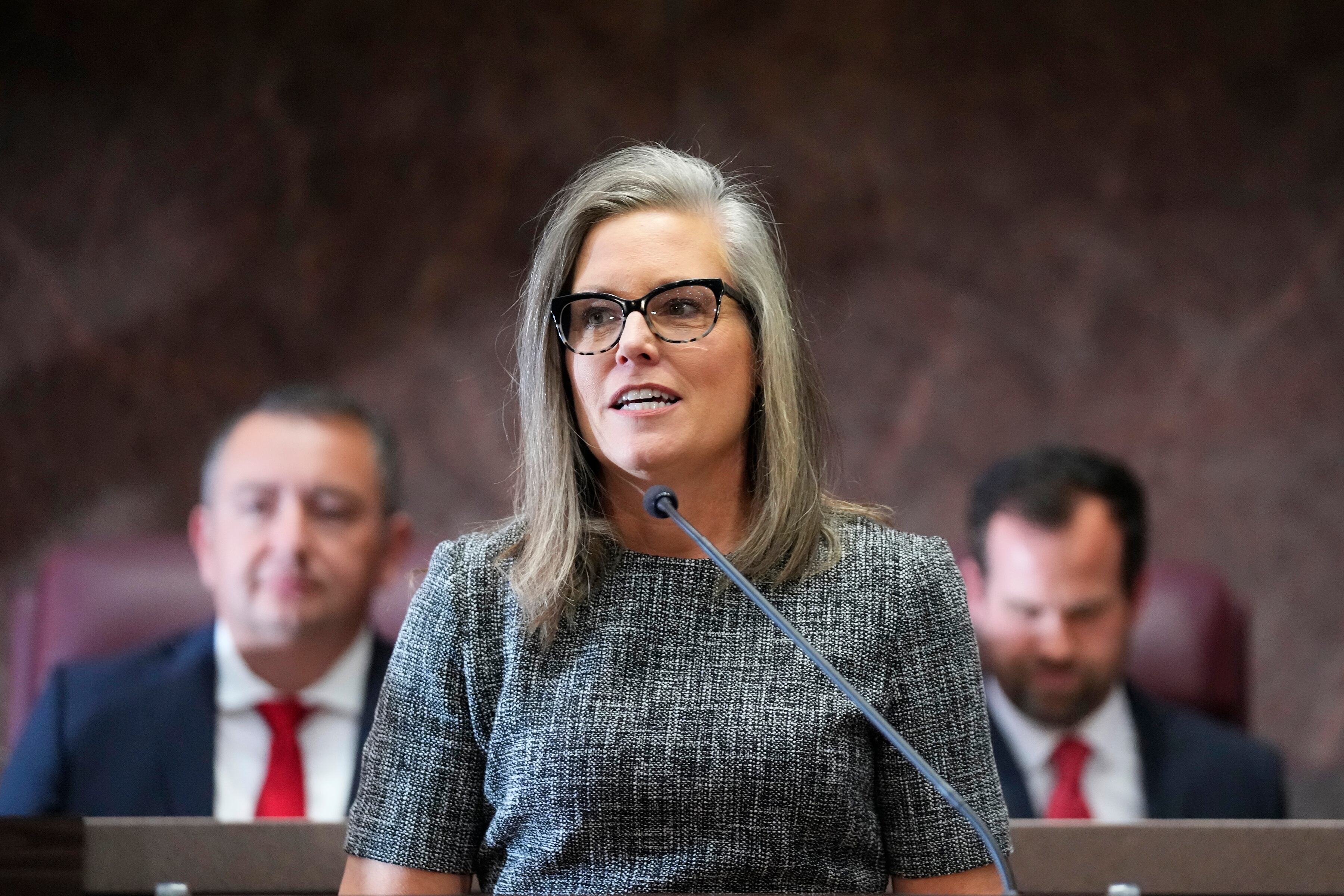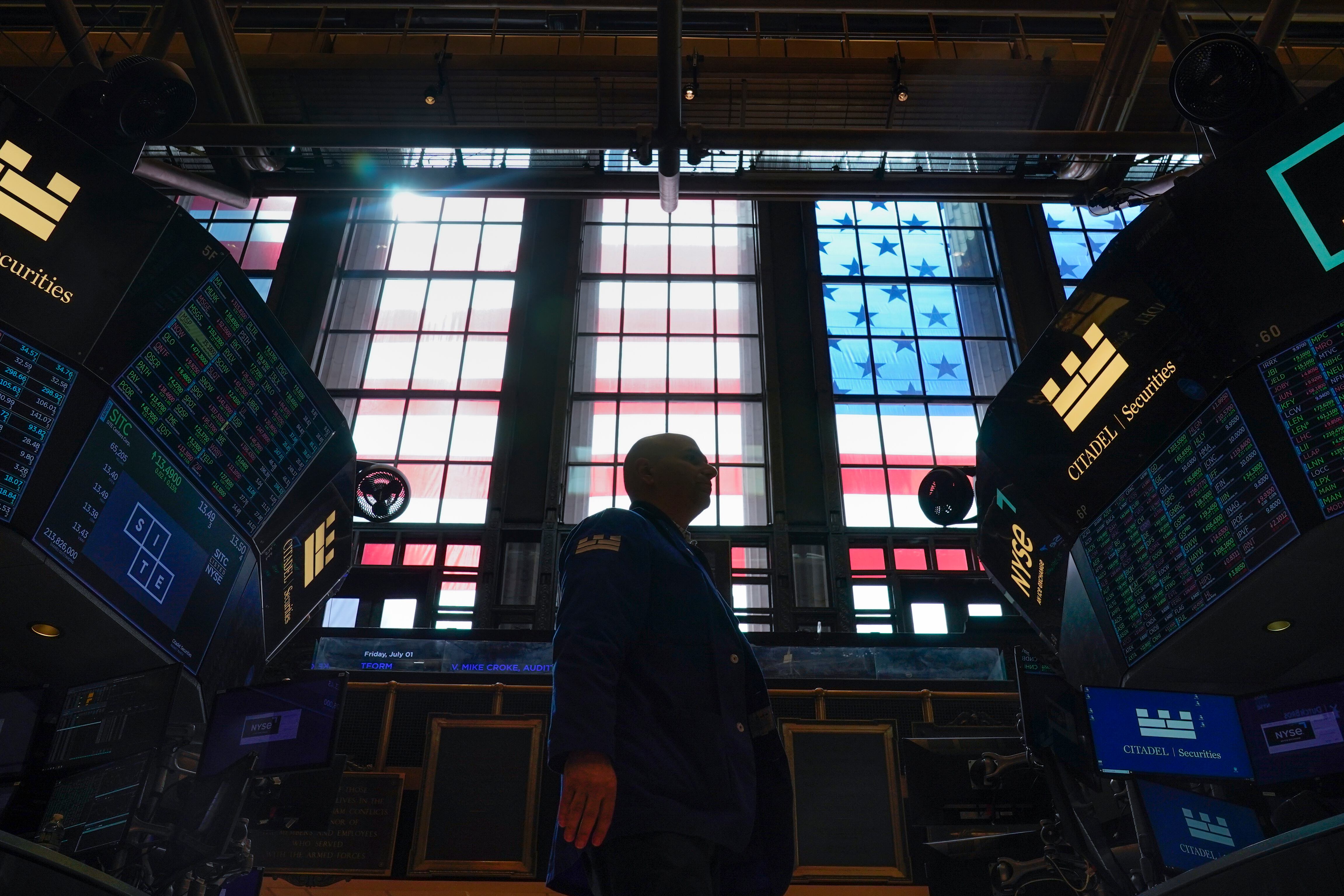Robinhood CEO Vlad Tenev called for real-time settlement of trades in a letter posted on the trading app's website on Tuesday.
"The existing two-day period to settle trades exposes investors and the industry to unnecessary risk and is ripe for change," he wrote.
Tenev said the current settlement period was part of the reason Robinhood curbed the buying of certain stocks last week amid a social media-fueled trading frenzy that pushed up the value of GameStop shares to meteoric heights.
The executive offered a similar explanation to Tesla CEO Elon Musk in a much-watched interview on the social media platform Clubhouse. Musk, who showed support for the Reddit community /WallStreetBets throughout the buying binge, grilled the executive about the restrictions.
In Tenev's view, what happened is that the clearinghouse deposit requirements skyrocketed as trading activity surged, creating a liquidity issue for the trading platform.
"The clearinghouse deposit requirements are designed to mitigate risk, but last week’s wild market activity showed that these requirements, coupled with an unnecessarily long settlement cycle, can have unintended consequences that introduce new risks," he wrote.
The settlement period was previously three days, meaning traders had that long to settle payments until the Securities and Exchange Commission shortened the period to two days back in 2017.
This likely won't be the end of Robinhood's attempts to reframe the narrative around last week's trade restrictions, which garnered widespread criticism from both lawmakers and internet personalities. Barstool Sports founder Dave Portnoy, for instance, has said he lost $700,000 because of the trading restrictions.
Tenev is expected to testify before a House committee on February 18 about the incident.
"Technology is the answer, not the oft-cited impediment," he wrote. "We believe it is important for all relevant stakeholders to convene in the near term to discuss the urgency and necessity of this issue."
Consider this your sign to pack your bags. Airbnb says Colorado Springs will be a top travel destination in 2024.
A moon landing attempt by a private US company appears doomed because of a fuel leak on the newly launched spacecraft. Astrobotic Technology managed to orient the lander toward the sun Monday so its solar panel could capture sunlight and charge its onboard battery.
Treasury Secretary Janet Yellen has announced that 100,000 businesses have signed up for a new database that collects ownership information intended to help unmask shell company owners. Yellen says the database will send the message that “the United States is not a haven for dirty money.”
A new version of the federal student aid application known as the FAFSA is available for the 2024-2025 school year, but only on a limited basis as the U.S. Department of Education works on a redesign meant to make it easier to apply.
A steep budget deficit caused by plummeting tax revenues and escalating school voucher costs will be in focus Monday as Democratic Gov. Katie Hobbs and the Republican-controlled Arizona Legislature return for a new session at the state Capitol.
The first U.S. lunar lander in more than 50 years is on its way to the moon. The private lander from Astrobotic Technology blasted off Monday from Cape Canaveral, Florida, catching a ride on United Launch Alliance's brand new rocket Vulcan.
Global prices for food commodities like grain and vegetable oil fell last year from record highs in 2022, when Russia’s war in Ukraine, drought and other factors helped worsen hunger worldwide, the U.N. Food and Agriculture Organization said Friday.
Wall Street is drifting higher after reports showed the job market remains solid, but key parts of the economy still don’t look like they’re overheating.
The Biden administration is docking more than $2 million in payments to student loan servicers that failed to send billing statements on time after the end of a pandemic payment freeze.
The nation’s employers added a robust 216,000 jobs last month, the latest sign that the American job market remains resilient even in the face of sharply higher interest rates.













